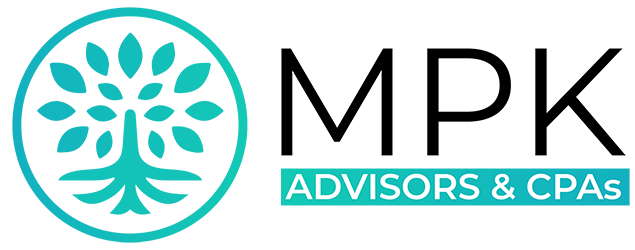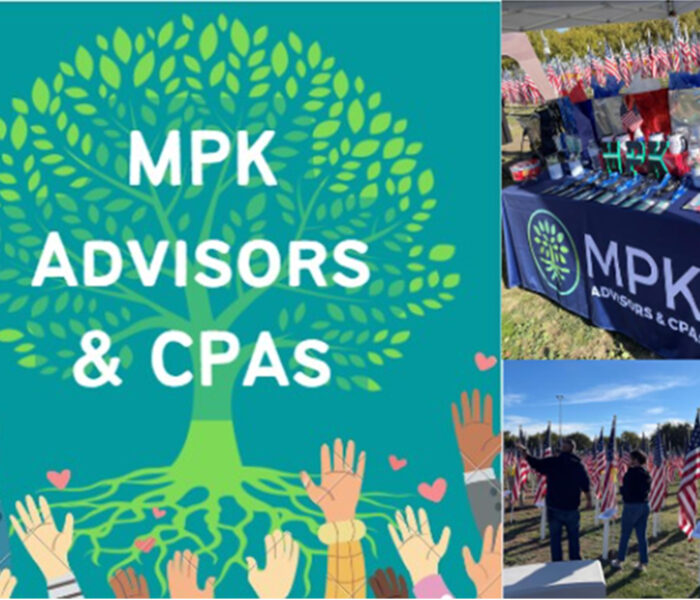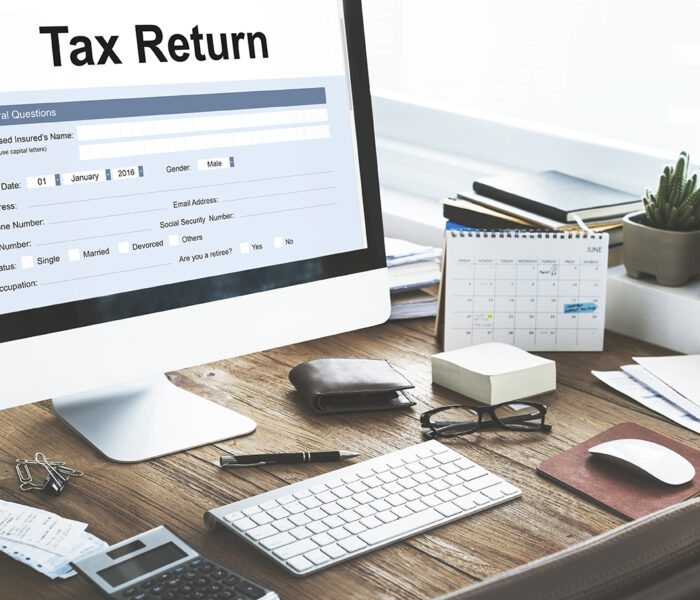Mid Year Tax Planning
Now's the time - part 2
Individual Planning
Below are just a few tax planning strategies you can employ almost immediately and with little cost:
Retirement Plans:
Contribute to an individual retirement plan (Traditional IRA or Roth IRA) or a company plan (401k, SIMPLE IRA, SEP IRA, among others). If you are eligible to participate in a company plan, you should consider contributing to that first. Often an employer will match your contributions up to a certain percentage, and this becomes “money left on the table” if you aren’t contributing at least the maximum amount your employer will match. If you have an employer-sponsored retirement plan, you might not be able to contribute to a traditional or Roth IRA; however, even if you aren’t able to contribute, your spouse may qualify if he or she is not covered by an employer-sponsored retirement plan. The maximum IRA contribution for 2023 is $6,500 or $7,500 if you are 50 or older. You may also be eligible for a Retirement Savings Contributions Credit (Saver’s Credit) further reducing your tax liability if you are below certain income thresholds.
Health Savings Account or Flexible Spending Account:
A Health Savings Account (H.S.A.) is a savings account that individuals with a high deductible health plan can set up for themselves and their families. An employer could also contribute to an employee’s H.S.A. and exclude the value of the benefit from their taxable wages. Contributions to this account are tax deductible and grow tax free within the account until they are withdrawn for qualifying medical expenses.
A Flexible Spending Account is an account established by an employer in which an employee can participate. Funds can be contributed each year and are either deductible on your personal tax return, or if the employer contributes, it would not be included in your W-2 wages as it is a tax-free fringe benefit.
The funds from either account can be used to pay for qualified medical expenses which otherwise may not be deductible due to the 7.5% AGI limitation, or the taxpayer may not itemize.
Like Kind Exchanges, Sec 1031 Exchange:
If you have investment property (real property), and if the property were sold, it could create a significant capital gain. A 1031 exchange may be a tax savings strategy that would be very beneficial to you. In general, if you make a like-kind exchange you can defer the gain or most of the gain to a time when the property is later sold, or you exchange it in the future for another property. You can also exchange 1 property for 2 or more properties. You must meet certain criteria to qualify for a 1031 exchange, and instead of a real estate agent an accommodator is used to facilitate the transactions. For more information specific to your situation please contact our office.
Charitable donations-QCD (Qualified Charitable Distribution):
The taxpayer and / or spouse must be over 70 ½ to qualify for QCD. The taxpayer and / or spouse can directly contribute up to $100,000 per year from their IRAs directly to as many qualified charities (Typically 501c3 organizations) as they like. The direct contributions will reduce total taxable income regardless of whether you itemize. By reducing your adjusted gross income, it could possibly reduce your Medicare premiums as well as your tax liability.
Record Keeping:
Documentation, documentation, documentation! This is one of the most important tax plans you can implement. Quite often, when it is time to have your tax returns prepared you don’t remember deductions or can’t locate the information to use to have the returns prepared. If you set up a file at the beginning of each year and keep all the records and documents in one place throughout the year, it will make tax preparation much easier and smoother and possibly reduce your taxable income. If you use a vehicle for business purposes, including rental property, be sure to keep a good mileage record or log. The 2023 mileage reimbursement rate of 65.5 cents per mile can be a significant deduction that you might be missing. Also, don’t forget about charitable and medical mileage which can also provide additional tax deductions.
Itemized Deductions:
The Federal standard deduction for married filing jointly filers is $27,700; however, the state of California standard deduction is only $10,404 – keep track of your deductible expenses. You may think you only qualify for a standard deduction, but the difference between the standard deduction for federal and state is significant enough that you may be able to take the standard deduction for federal and itemize for the state. Keep good records of your possible deductions and at the time we prepare your tax returns we will be able to calculate what is most beneficial for your tax situation.
MPK Advisors & CPAs is now offering advisory services, ranging from basic business startup and operations topics to buying and selling a business, or even planning for rental properties and retirement. Please ask us how we can help you proactively set up good business practices from the very beginning, and plan for any significant financial decisions! This is all consistent with our mission to help our clients make more confident financial decisions.





